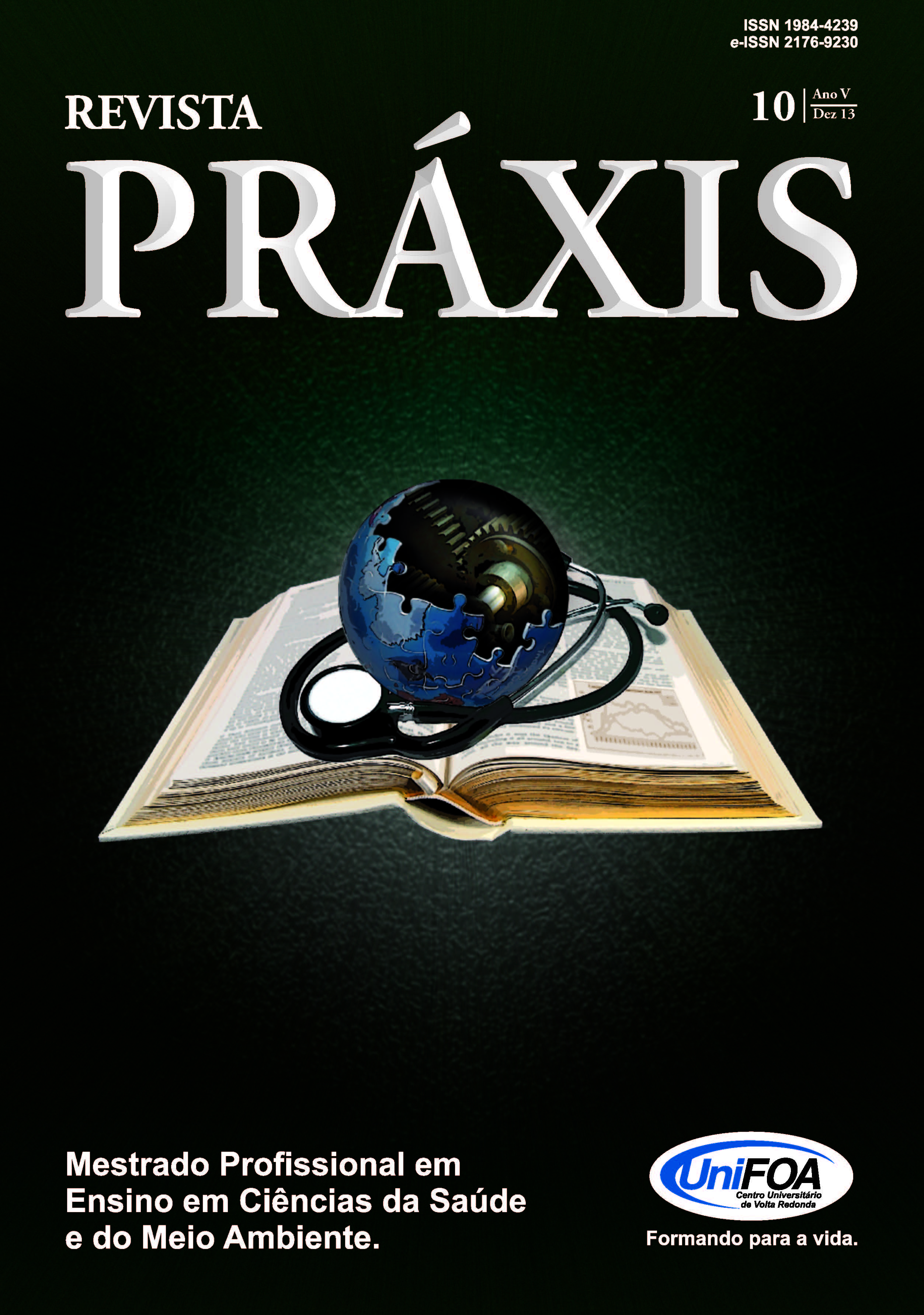Alternativas inclusivas para surdos no Ensino Superior
um estudo de caso em cursos de Engenharia Florestal
DOI:
https://doi.org/10.47385/praxis.v16.n30.5059Resumo
No Brasil, há aproximadamente 10 milhões de surdos e, apesar dessa grande quantidade, poucos conseguem sua inserção no ensino superior devido às barreiras enfrentadas em ambientes sociais, frequentados majoritariamente por ouvintes. Entende-se que os ambientes de ensino devam buscar, cada vez mais, reduzir os obstáculos para que todos tenham o mesmo aprendizado. O objetivo deste trabalho foi elencar alternativas inclusivas para surdos nos cursos de Engenharia Florestal, por meio de uma pesquisa quali-quantitativa, aplicada com estudo de caso envolvendo surdos estudantes de universidades em cursos de Engenharia Florestal. Foram identificados quatro alunos surdos que responderam ao questionário, aplicado via Google Forms, auxiliando nas proposições de alternativas inclusivas. O Certificado de Apresentação para Apreciação Ética (CAAE) é identificado através do número 68457422.6.0000.0177. O estudo aponta que a falta de materiais adaptados, intérpretes capacitados, com domínio sobre os temas abordados e com disponibilidade para atender aos alunos surdos em atividades extracurriculares foram as maiores dificuldades apresentadas, mesmo havendo leis nacionais que garantam acesso aos intérpretes de LIBRAS, ou qualquer outra tecnologia assistiva, pelas instituições de ensino. Alternativas como adoção de uma abordagem educacional como o bilinguismo, metodologias de ensino adaptadas para o entendimento do conteúdo abordado, ajudam a melhorar o desempenho do aluno surdo. Logo, conclui-se que adaptações curriculares precisam ser realizadas, de acordo com a necessidade do aluno, e é necessário que haja contratação e disponibilização de intérpretes de LIBRAS nas instituições de ensino, criação de sinais para termos técnicos e mais divulgação do curso e suas atividades, de forma inclusiva.











